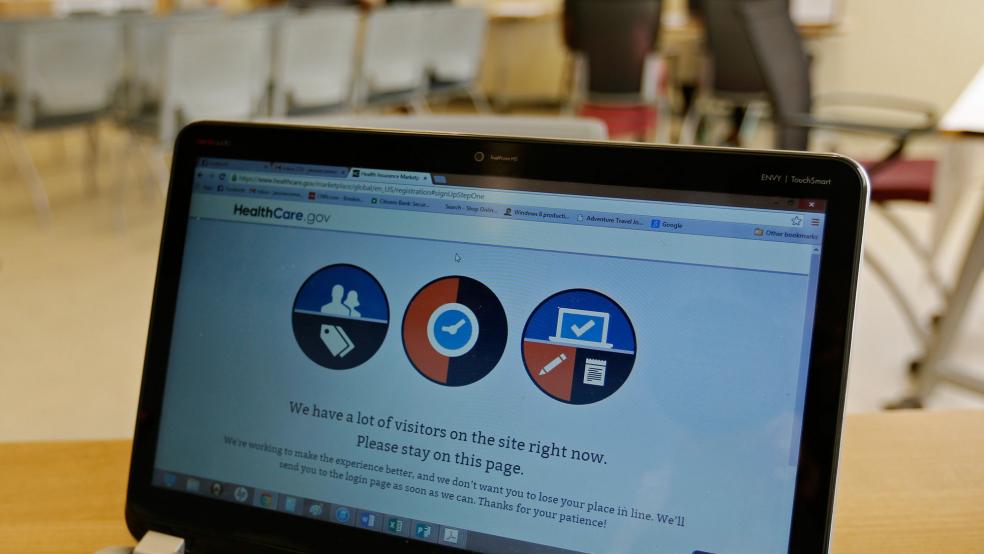A couple of ideas for a modest bipartisan fix for Obamacare have emerged out of the hearings held by the Senate Health, Education, Labor and Pensions Committee this week. The bipartisan group of state insurance commissioners and governors who testified in two separate hearings agreed on the need to:
1. Guarantee the payment of cost-sharing-reduction subsidies (CSRs) for insurers: The governors identified this as the most important step the federal government can take to stabilize the markets. The subsidies reimburse insurers for discounts they provide to millions of low-income policyholders (those in households earning between 100 percent and 250 percent of the federal poverty level), and uncertainty about whether the subsidies will be paid in the future has led many insurers to raise or consider raising their rates.
2. Provide funds for reinsurance. States can limit the increases in health care premiums in the individual market by helping insurance companies pay the claims of high-cost patients, essentially offering insurance for the insurers. (You can read more about how reinsurance works in this series of tweets from Larry Levitt of the Kaiser Family Foundation.) Minnesota and other states have stabilized their individual markets using this approach, and the governors expressed interesting trying similar programs. Gov. John Hickenlooper of Colorado said, “One of our great challenges is to get more people participating in the system; a reinsurance pool is one of the best ways to do that.”
Timing is a major hurdle. The governors told the committee that there isn’t enough time left this year to start their own reinsurance programs. However, the federal government could do the job, they said, even if the help is just temporary. “For the first year, you’re going to have to have the federal government help on that,” said Bill Haslam, the Republican governor of Tennessee
Sen. Lamar Alexander, the Republican chair of the committee, threw cold water on that idea. While it’s “easy to agree about cost-sharing,” creating new reinsurance programs would be too much to do in such a short period of time: "Creating a brand new reinsurance pool in the next 10 days is just not going to happen. There isn't any way to do that."
But Congress needs to act soon if it wants to patch up the Obamacare markets. Insurers need to know what the rules for 2018 will be by September 27, when they commit to where they’ll sell insurance and what the prices will be in the coming year. That leaves precious little time to come through with a fix. If Congress fails to act by the deadline, nearly 7 million people in the individual Obamacare markets could see big increases in their premiums next year. And some counties could still end up being “bare,” lacking even one insurance provider. In one notable example, Anthem announced last week that it would exit the Virginia health insurance market in 2018, and Optima Health is now following suit, announcing this week that it has reversed its decision to sell insurance in much of the state. Michael Dudley, Optima’s CEO, said that one of the key reasons the insurer was scaling back was the uncertainty surrounding the government’s continued support of the Obamacare system.




